 In the first novel I wrote, Torbrek, I had huge problems with info dumps in the first chapter. As a novice, I had no idea anything was wrong until I joined YouWriteOn and readers told me about it. I struggled with it for months; eventually I put most of it in a prologue set three years before the start of the story - then I deleted the prologue and didn't reinstate the information.
In the first novel I wrote, Torbrek, I had huge problems with info dumps in the first chapter. As a novice, I had no idea anything was wrong until I joined YouWriteOn and readers told me about it. I struggled with it for months; eventually I put most of it in a prologue set three years before the start of the story - then I deleted the prologue and didn't reinstate the information.Sometimes on Authonomy I tell a writer he has a great wodge of backstory plonked near the start of his novel. And all too often the response is along the lines of, 'The reader needs to know this because of events later in the story.' Which reader would that be, then? The one who put the book back in its jiffy bag or back on the shelf when she got to the dull bit?
Richie Dowling posted this excellent advice recently:
'My definition: "backstory" -- the relevant events in a character's life that happened before the novel (or whatever) begins. It's not the same as a character biography, where you detail everything about your character--but only use a fraction of the information in your novel.
Backstory may refer to one or two important events, which have relevance to the current story.
For example, in the film The Name of the Rose the character of William of Baskerville has an important backstory--he was a member of the Inquisition. During a trial he disagreed with the chief inquisitor, was tortured and forced to recant. As a result a man he knew to be innocent was burned at the stake.
How is the information imparted in the story? Bit by bit. There are hints of something important in William's past. I can't remember the exact sequence but the Inquisition comes to the monastery. We learn that William was once a member. Finally, when the boy is begging William to help save the girl he loves, William reveals the full story.
The key to good backstory is that it has to be dragged kicking and screaming from the characters. This is information they don't want to reveal, but the reader wants to know.
In Star Wars, Darth Vader didn't just say, "Hey Luke Skywalker, that name rings a bell, I think I'm your father." It was saved until the very end of the second film when Vader is trying to force his son to join him and overthrow the Emperor. Save the backstory for important moments in your plot, and use it to create revelations which turn scenes from good to bad or vice versa.
But then what you're doing is called a "set-up" and the reader is clever enough to spot them, which is why you have to hide your "set-ups" and have them accomplish two things. Remember Raiders of the Lost Ark? The opening sequence? Indy is double-crossed, betrayed, almost loses his life jumping across a pit, is chased by a giant stone ball and escapes, only to have the statue taken from him by his arch nemesis. He's then chased by a horde of spear-waving tribesmen before finally making his escape in a sea-plane. He freaks out when he sees a snake in the seat and we laugh because we think, "Boy, what a day! Everything has gone wrong for this poor schmuck and now the pilot's pet snake is in his seat!" We don't notice that this is actually set-up for later on in the film when Indy is trapped in a tomb filled with snakes.
If Indiana had merely said at some point in the film, "Geez, I don't like snakes" we would recognise it as a set-up so it wouldn't work. Disguise your set-ups by making them work hard and accomplishing at least two different things.'

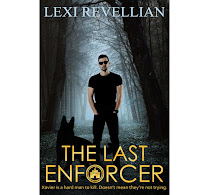
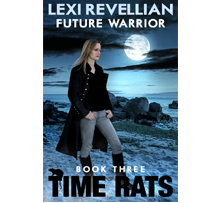
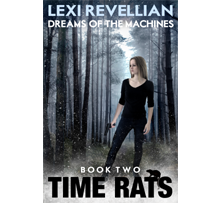
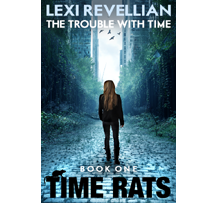

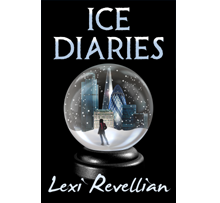





I recently told a fellow writer in my crit group about how a chapter he'd written was basically a bunch of extra stuff we didn't need to know--it was boring, practically preaching. But the guy insisted that the reader needed to know it for later...and had no idea that there would be no later if the reader wouldn't read past that.
ReplyDeleteYes, it's a surprisingly common reaction - and no good at all, since he cannot force people to read his book.
ReplyDeleteThe reader has to be wooed, not coerced.
It's that old problem of recognizing the problem someone else has but not recognizing our own.
ReplyDeleteEven with the best will in the world it is difficult to see one's own mistakes. So a writing group should be helpful. Unfortunately, I find it takes quite a while for the penny to drop even if someone points it out for me.
There is so much to learn, isn't there? Thanks Lexi.
I think writing groups just nag you about single POV - but this is an opinion untainted by any actual experience of writing groups...
ReplyDeleteI'm glad my words were of interest, Lexi! For those who are keen to learn more, Robert McKee's book "Story" is the best place to go.
ReplyDeleteYou should start your own blog, Richie.
ReplyDeleteAs quick as writing forum posts, and more permanent.
I did have my own blog. . . But it took too much time and energy. I'm enjoying yours btw.
ReplyDelete